|
The Shallows: What the Internet is Doing to Our Brains
by Nicholas Carr 2010. 276 pp. $26.95 hc. W. W. Norton & Co., Inc. 9780393072228. Part criticism, part it-is-what-it-is, this book is a condensed cultural history of technology filled with anecdotes about the movers and shakers of info-proliferation…and exploitation. Carr begins with a historic paradigm shift, a revolutionary advancement that re-wired our neurons. Socrates’ oral culture lost out to Plato’s written one. Gutenberg then revolutionized writing by introducing an invention that made it widely accessible. While Carr dissects the backstage of the brain and the discovery of neuroplasticity, the reader never feels shut out by obscure references to physiology. Using layman’s terms however, does not reduce the elegance with which Carr relates anecdotes such as Lee de Forest’s Audion, the “church” of Google, and computerized writing test assessment of British students. The Shallows, in the end, refers both to the limits of mechanized computations and the operational capacities of our brains when strung out over a myriad of media inputs. While Carr’s prose is not as hard-boiled as, say, Jared Lanier’s You Are Not a Gadget: A Manifesto, but he nonetheless spins a cautionary thread into this readable exploration of our brains on technology, from cuneiform to e-readers. Amid all our salivating and self-congratulations for the latest advancements, will we find an app for wisdom, creativity, and deep thinking? If so, where does that leave our intelligence? Ultimately, what sets us apart from HAL-like emoticons, from algorithms? Carr does not try to tackle these questions, rather, he gently challenges us to harken back to “deep reading,” that is to say, to consider our own interactions with technology and reflect how our own cognition may or may not be changing. Perhaps, ironically, one of the more objectively written accounts of how science and media studies are intermingling. Finalist for the 2011 Pulitzer Prize in General Nonfiction. Highly Recommended. Jenny Gapp, Librarian.
0 Comments
The National Book Award: 2010
The National Book Awards were handed out last night, with Mockingbird, by Kathryne Erskine taking top prize for Young People's Literature (not to be confused with Mockingjay (Hubger Games series) by Suzanne Collins). Among the other nominees was Ship Breaker, recently featured in a VCS library display on dystopia novels. The top prize in adult fiction was for Jaimy Gordon's Lord of Misrule, a novel about the world of horse racing. The Pulitzer Prize: Fiction The Booker Prize Nobel Prize in Literature Michael Printz Award YRCA Young Reader's Choice Award (Pacific Northwest Library Association) ORCA Oregon Reader's Choice Award (Oregon Library Association) Start a conversation about a book that changed your life. Post a comment between November 1st and 30th and receive a kiss from the library! (a chocolate one) Respond as a comment. I've done one as an example...
Check out The Book That Changed My Life: 71 Remarkable Writers Celebrate the Books That Matter Most to Them Find it in the VCS Library at 028 BOO in the non fiction stacks. (or ask the librarians, it may be on display) |
Media Blog"I have advocated for 30 years that, in order to preserve our democracy and protect ourselves against demagogues,we should have courses in schools on how to watch TV, how to read newspapers, how to analyze a speech – how to understand the limitations of Quick Links
All
Archives
January 2014
|
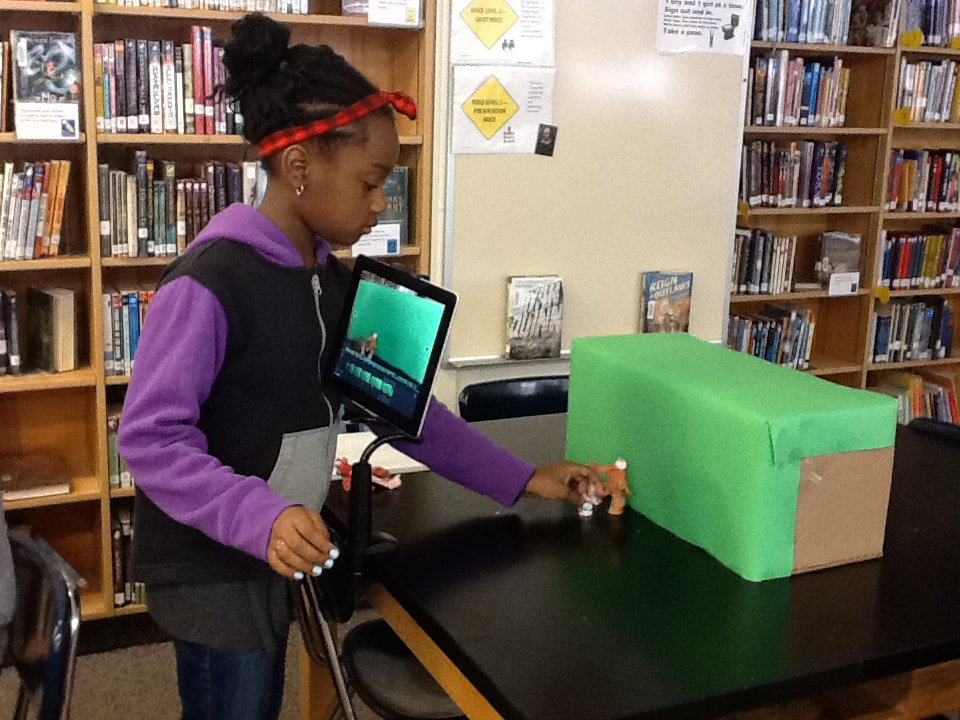
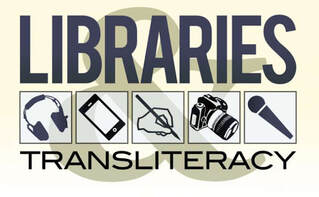
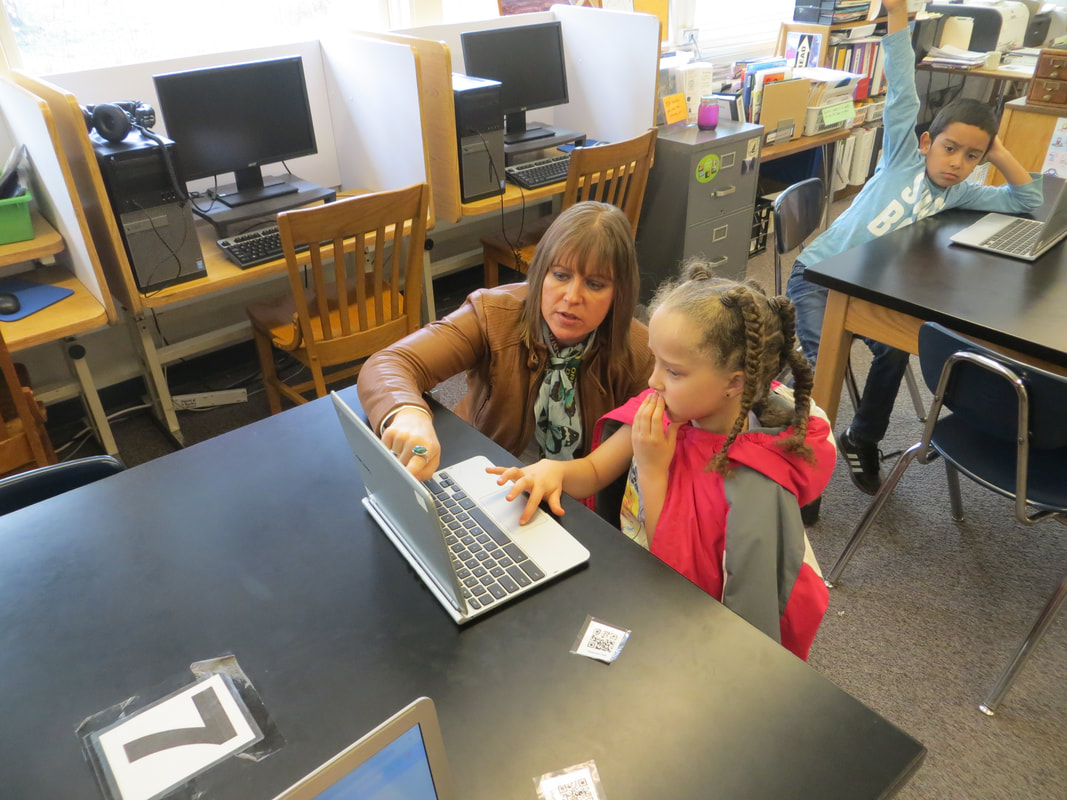



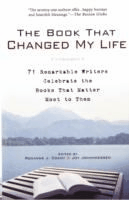
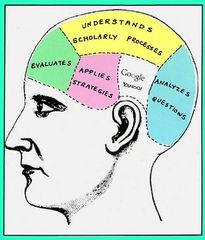
 RSS Feed
RSS Feed